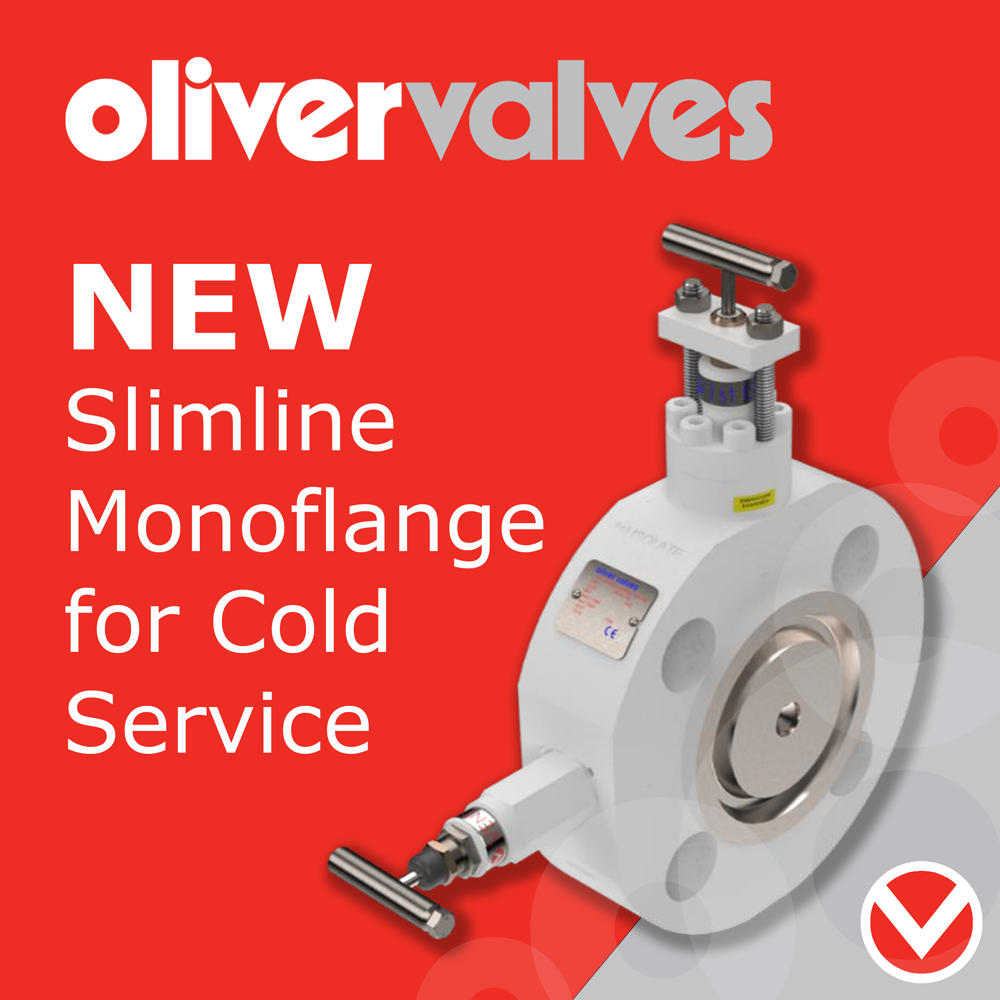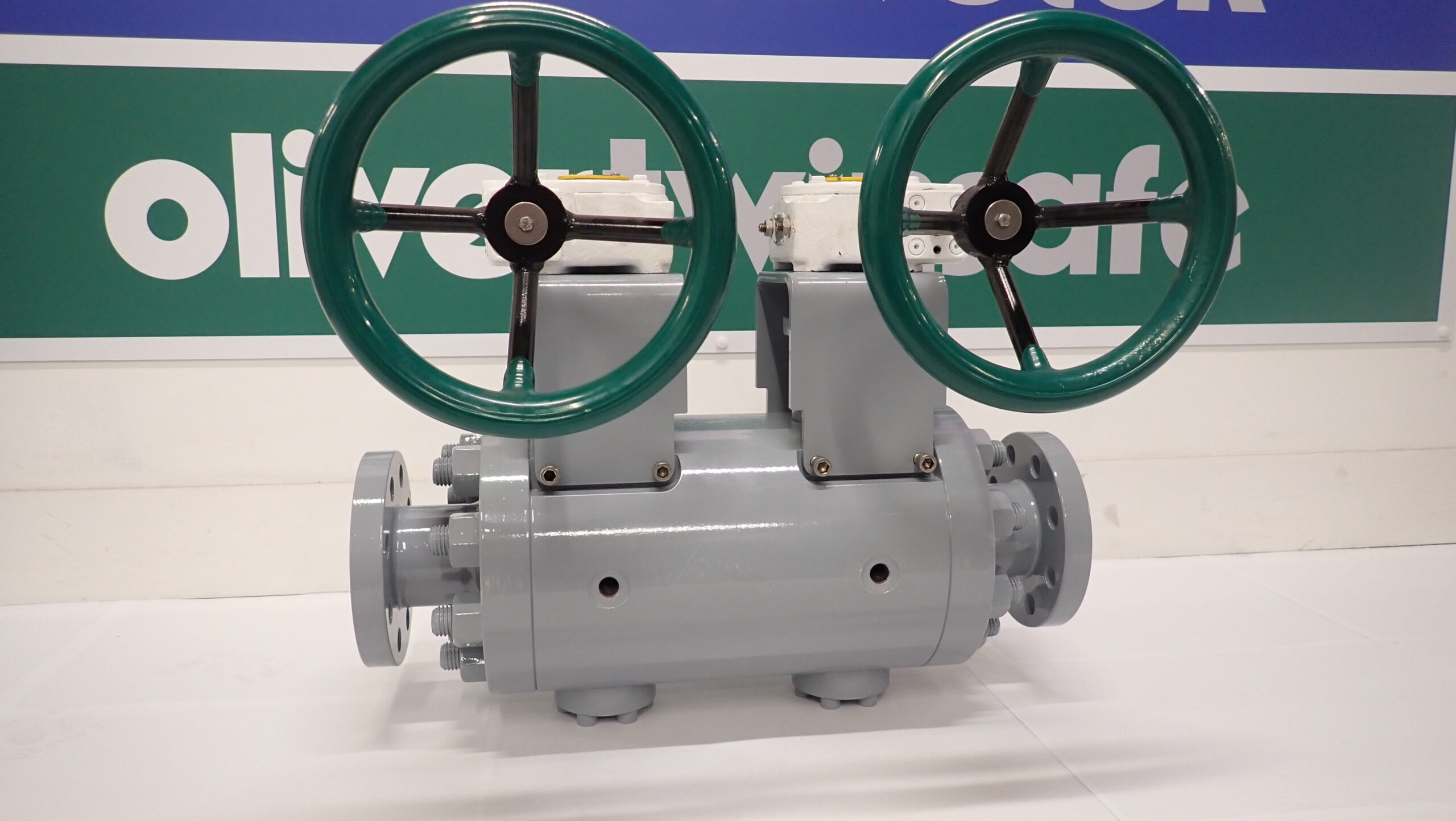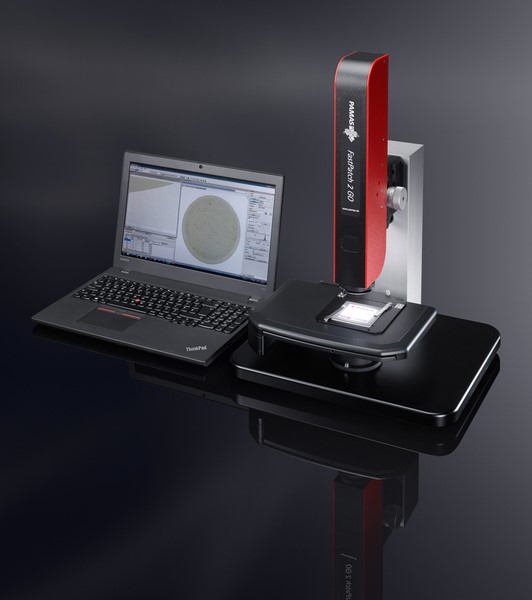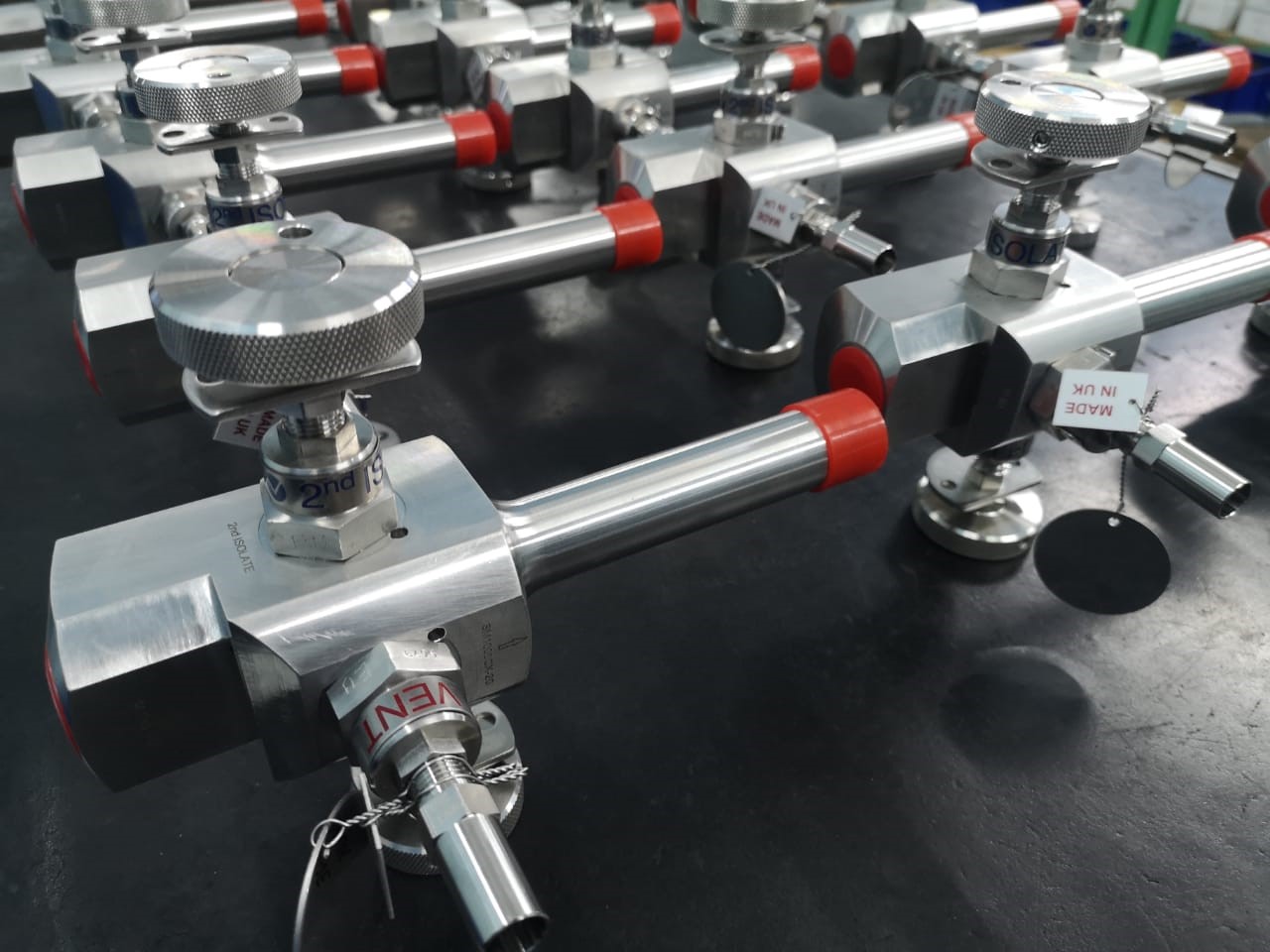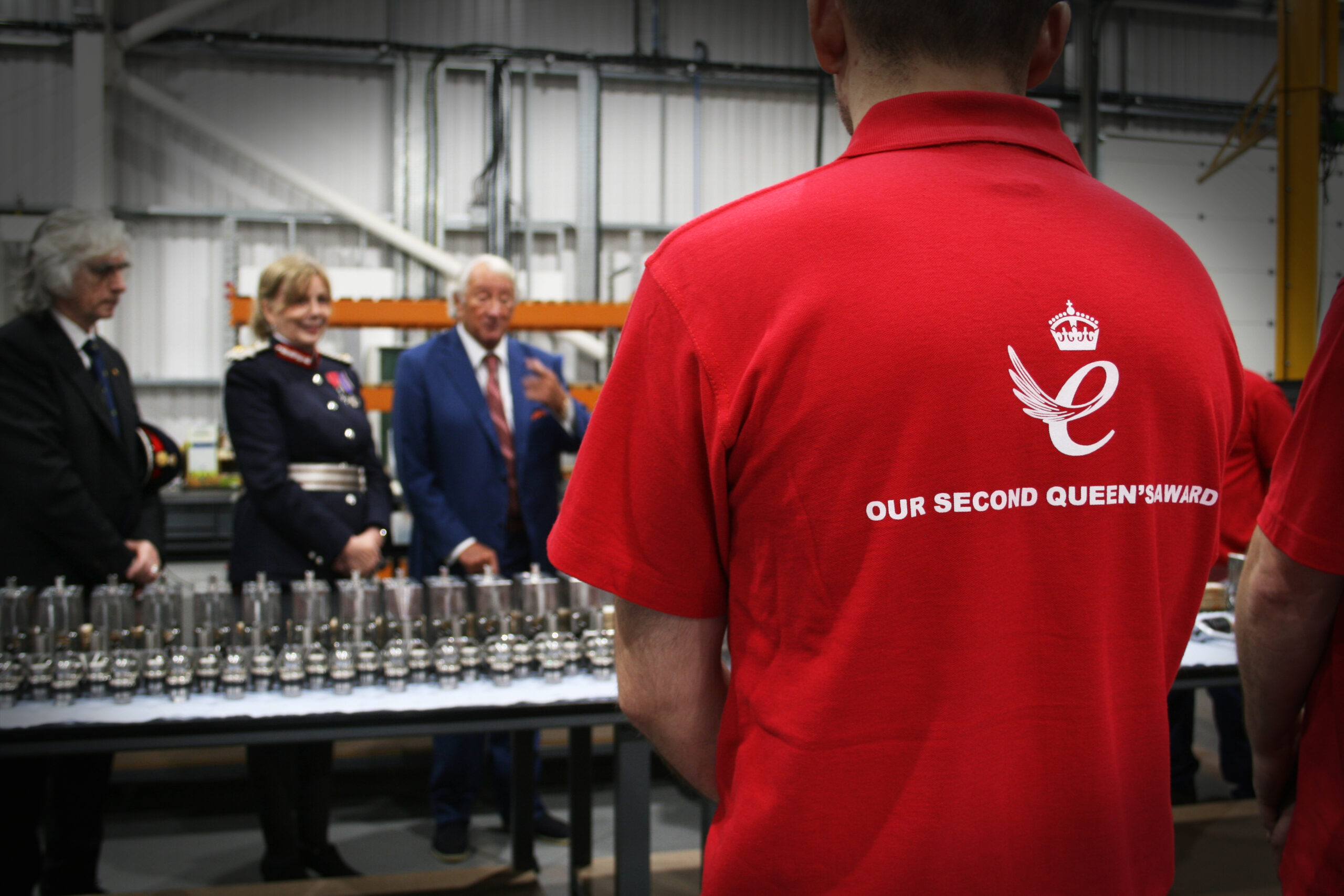
Cheshire based Oliver Valvetek Ltd is to be recognised with a prestigious Queen’s Award for Enterprise for its excellence in international trade.
Established in 1994, Oliver Valvetek is a world leading manufacturer of subsea valve technology, predominantly for the oil and gas industry. Working with some of the most advanced deep-sea oil and gas extraction infrastructure manufacturers, the company produces an ever-expanding range of valves and related products that are vital components in the extraction of oil and gas.
More recently Oliver Valvetek has also found new opportunities for its technology to be used for CO2 injection into depleted oil & gas wells as part of a growing demand for carbon capture and storage applications, delivering the decarbonisation of industrial emitters.
Now a second time winner of the Queen’s award for Enterprise earning recognition by achieving consistent growth in its international sales for three consecutive years. With more than 67% of the company’s entire order book being for export sales, Oliver Valvetek boasts a truly international reputation for innovation, customer service, quality and reliability.
The rigorous Quality Control and Quality Assurance systems and advanced manufacturing techniques needed to produce valves that can operate at depths of up to 3,000m, at up to 20,000psi, for more than a quarter of a century, in some of the most aggressive environments in the world is “run of the mill” for the 77 staff, including 9 engineers and 38 valve technicians, at the Knutsford headquarters.
Oliver Valvetek has over 140,000 valves deployed subsea, all designed in its dedicated Engineering facilities located in Knutsford and Glenrothes, Scotland. Highly trained Sales Engineers, Quality Assurance/Control teams and Customer Care teams support a number of global customer manufacturing hubs which service a truly international customer base spanning over 55 countries.
Utilising Oliver’s state of the art research and development facilities, which include a deep-water hyperbaric chamber, high pressure with high and low temperature environmental testing capability, Oliver Valvetek is able to continually innovate whilst ensuring extreme levels of reliability and meeting ever more stringent customer specifications. This has made Oliver Valvetek the first choice for many of the world’s leading oil and gas operators, utilising its in-house testing facilities to replicate actual “real world” operating conditions; just one of the many ways in which Oliver Valvetek partners with its customers to ensure the best possible outcome for even the most challenging applications.
Founder and Chairman, Michael Oliver is rightfully extremely proud of this achievement commenting, “To win the prestigious Queen’s award is a great business achievement and of immense personal pride to me. This has only been made possible by the extraordinary talent pool of people we employ in Cheshire and from the surrounding area. Our people are the jewel in the crown – it’s with their enthusiasm, commitment, and hard work that drive’s our global success and I’m extremely proud of the UK engineering excellence we’re delivering to the Global Oil and Gas industry of today and how we’re significantly investing in the energy demands of tomorrow with technological research and development in Hydrogen and Carbon capture…
…This is an exciting and transformational time for Oliver Valvetek and the global energy sector, and it excites me to see our new generation of engineers involved and learning from industry experts working at our facilities in Knutsford, to continue providing first-class solutions to the world’s energy needs in more environmental and sustainable ways. For the business to be crowned with such a royal award for the second time demonstrates that the future of Oliver Valvetek has never looked as strong as it does today”
